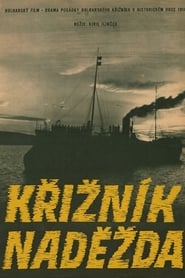detail profile nikola dadov
Peran Yang Di Mainkan Nikola Dadov
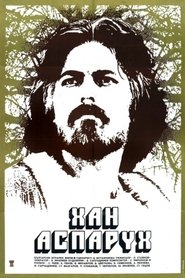 This is an epic screen presentation...
This is an epic screen presentation...Khan Asparukh - Part I - Phanagoria 1981
This is an epic screen presentation showing the creation, the consolidation and the power of First Bulgarian Kingdom and the first Bulgarian ruler Khan Asparuh. This is the first part of the film trilogy about the events before the creation of the Bulgarian state in the middle of the VII century. Volga Bulgaria is straining under the attacks of the Khazars. Following the testament of his father, the sons of Khan Kubrat looking for a new home for their tribes. The youngest of them - Asparukh, wander 20 years in search of "land forever" for his people and reaches the mouth of the Danube. The film is narrated by captured Byzantine chronicler Belisarius, which should Asparukh in his journeys. Byzantine witnessed the heroic efforts of the Bulgarians to win the land south of the Danube and to create their new country.
 The last part of the epic...
The last part of the epic...Khan Asparukh - Part III - Land Forever 1981
The last part of the epic "Khan Asparukh" - "Land Forever" is an impressive finish to scale narrative, created for the nationwide celebration of 13 century anniversary of the Bulgarian state. The authors collected in final chord all storylines, culminating in the political strengthening of the young Bulgarian state. In the center of the film epic again is the image of Khan Asparukh - a lofty romantic hero who embodies the virtues and energy of his people.
 This is an epic screen presentation...
This is an epic screen presentation...Khan Asparukh - Part II - The Migration 1981
This is an epic screen presentation showing the creation, the consolidation and the power of First Bulgarian Kingdom and the first Bulgarian ruler Khan Asparuh. The second part of the great historical epic - "The Migration" - tells about the long journey to the land of the Bulgarians of today's Bulgaria. Here the young Khan Asparukh laid the foundations of the new state. The authors adhere to the established historical versions for this event. The film builds on the impressive mass scenes and the convincing served psychological characteristics of the main characters. The image of Asparoukh is a natural center of the story, in which many minor persons recreate the environment of the Khan. Romantic exalted, Asparukh is shown as capable leader of the people, consistently implement his own ideas.
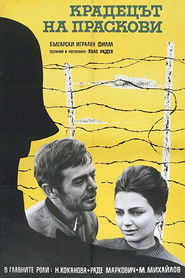 The wife of a Bulgarian POW...
The wife of a Bulgarian POW...The Peach Thief 1964
The wife of a Bulgarian POW camp's warden falls in love with a Serbian prisoner at the end of World War I.
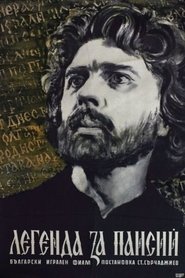 The beginning of the 18th century...
The beginning of the 18th century...Legend of Paisiy 1963
The beginning of the 18th century. Bulgaria is under the Ottoman bondage. The monks of the Monastery of Hilendar on Mount Athos warn the young monk Paisiy to beware of the "pestilent chapel". On his deathbed, the abbot conjures Paisiy to search for Slavonic books. The young monk goes from one monastery to another in search of ancient books. He breaks into the "pestilent chapel" and finds there stacks of old Bulgarian books telling of the wisdom of Bulgarians kings, and of the power and civilization of the Bulgarian Empire and its past glory. His fellow-monks try to burn the books but Paisiy manages to escape. His Slav-Bulgarian History circulates in handwritten copies through the captive country and the Bulgarians becomes truly aware of their national identity.
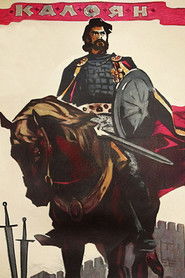 1197 King Kaloyan ascends the throne in...
1197 King Kaloyan ascends the throne in...Kaloyan 1963
1197. King Kaloyan ascends the throne in hard times for Bulgaria. The country is still recovering from a century of Byzantine subjugation. He is forced to carry out a very flexible foreign policy in order to strength his positions. Pope Innocent III recognizes him as Emperor (Tsar), but a little later the fourth Crusade crosses the country under Emperor Baldwin. A new conflict is coming. Tsar Kaloyan wages the decisive battle at Adrianople and wins.
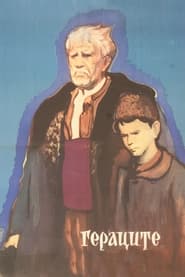 Gaffer Yordan the Gerak is a...
Gaffer Yordan the Gerak is a...Geratzite 1958
Gaffer Yordan the Gerak is a wealthy farmer with a large family. The Geraks live in harmony as long as his wife is alive. After her death, disagreement and strife erupt among them. Two of the sons, Bozhan and Peter, demand the partition of their father's real estate. The third son, Pavel, who is doing his military service in the town, has become estranged from the land and from his family. When Pavel returns home only to ask money from his father, Gaffer Yordan discovers that he has been robbed. His sons trade accusations and come to blows. Pavel goes back to his mistress in the city. Elka, Pavel's wife, falls ill with a venereal disease she has contracted from his husband. On a dark and stormy night Elka is about to drown herself in the river when the Gerak's old farmhand takes her back home. Before long, Elka dies, as does Gaffer Yordan. Bozhan fells the centenarian pine tree in the yard of the family home, which symbolized the patriarchal ways of the Geraks.
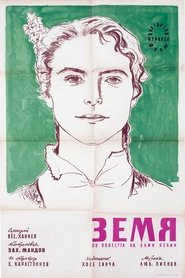 A Bulgarian village before the First...
A Bulgarian village before the First...Earth 1957
A Bulgarian village before the First World War. The young and ambitious farmer Enyo loves the beautiful but poor Tsveta. His brother and his wife arrange their engagement. The hunchback girl Stanka, daughter of the richest man in the village, is in love with Enyo. Because of her father's lands Enyo decides to end his engagement with Tsveta and starts building up his farm.
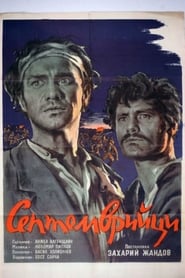 The film is dedicated to the...
The film is dedicated to the...The Heroes of September 1954
The film is dedicated to the uprising, which broke out in Bulgaria in September 1923. All characters, with the exception of the leaders of the uprising Georgi Dimitrov and Vasil Kolarov, are symbolic characters. The central figures, Stefan and Peter, impersonate the motive forces behind the uprising - the workers and the peasants. They are involved in worker's strikes, in the stormy events of the First World War and the Soldier's uprising in 1918. They also participate in the bloody clashes of the September uprising and suffer its defeat after they have seen too late the need for concerted action by communists and agrarians.

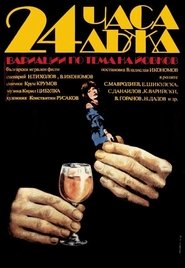 A gray border dull village Time...
A gray border dull village Time...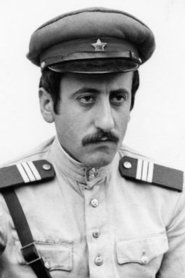 1950s Bulgaria A man has been...
1950s Bulgaria A man has been...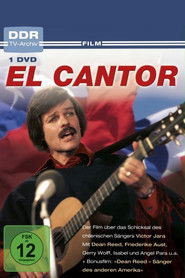 A story of Victor Jara one...
A story of Victor Jara one...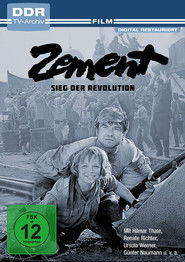
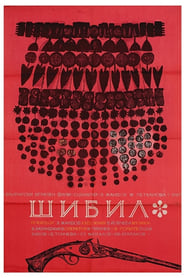 A bandit chief falls in love...
A bandit chief falls in love...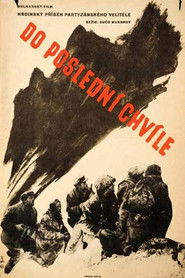 Members of a partisan underground unit...
Members of a partisan underground unit...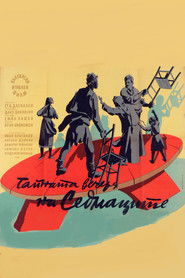 A Bulgarian socialist drama
A Bulgarian socialist drama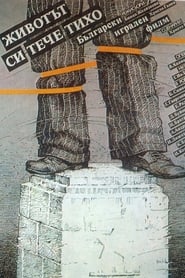 The fortunes of a group of...
The fortunes of a group of...